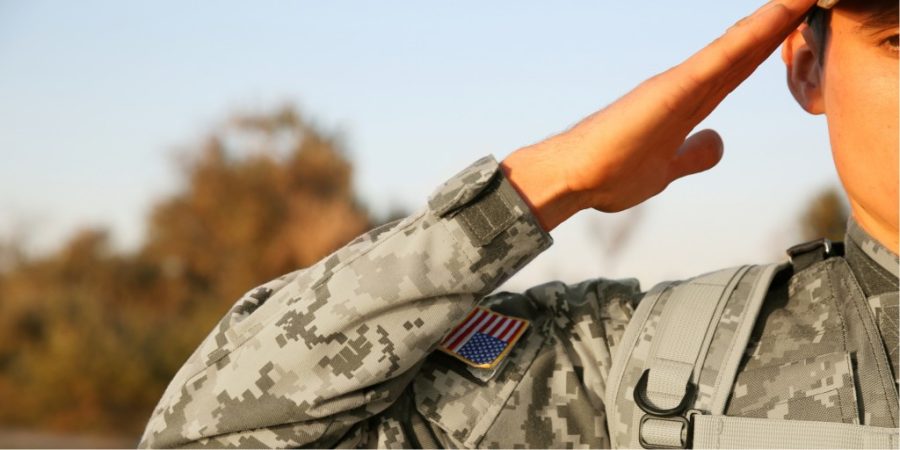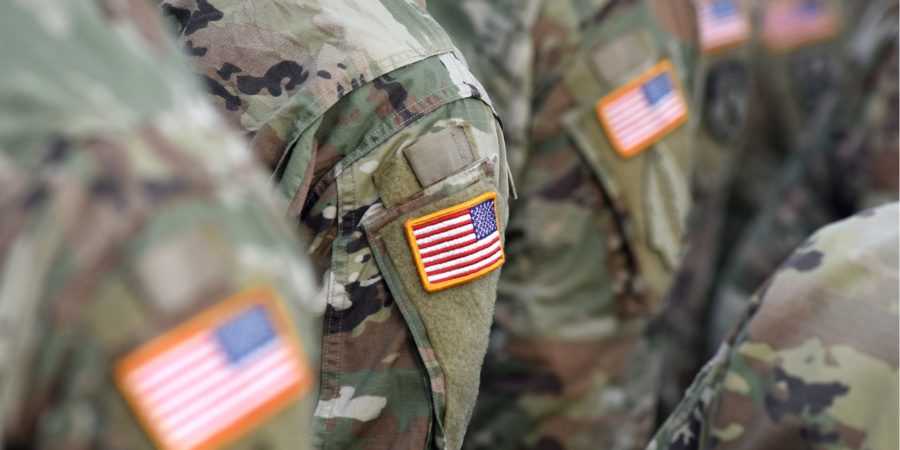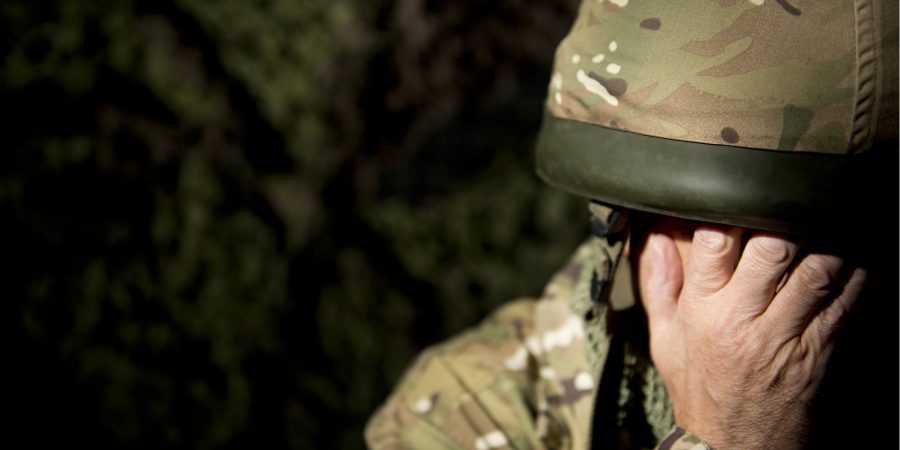
Post-traumatic stress disorder (PTSD), substance use disorder, and other mental health problems are common ailments in veterans who have had combat exposure. But how exactly does combat exposure affect veterans, and is it affecting you?
Learn more about how you can assess stressors based on your own experiences in order to find the right treatment for common mental health problems that affect veterans like you.
Table of Contents
What Is Combat Exposure?


Simply put, combat exposure is the combat-related stressors that veterans have either been through first-hand or experienced as a witness.
Combat exposure stressors in veterans can be a wide range of experiences that range in severity. These include:
- Being deployed for longer than anticipated
- Witnessing an attack
- Sustaining a combat-related injury
- Experiencing a vehicular accident
- Coming face-to-face with death
- Surviving military sexual trauma (MST)
Your combat exposure experiences are unique to you, but this doesn’t mean that you are alone. Countless other veterans have experienced mental health problems that have developed as a result of experiences in the military.
But sometimes after you experience a trauma or any of these examples of combat exposure, you might not know how to cope with the emotional impact of the event. This is what leads to common mental health problems in veterans like depression, anxiety, and addiction to drugs or alcohol.
Combat Exposure Scale
There are several steps you can take to protect your mental and physical well-being after going through combat exposure.
If you are able (either on your own or with a trained mental health professional) assess combat-related stressors, you’re on the right path toward recovering from the mental health problems that go hand-in-hand with these traumatic experiences.
Additionally, the U.S. Department of Veterans Affairs uses the Combat Exposure Scale (CES) to assess combat-related stressors in veterans.
The way this scale works is that you will answer a series of questions that have to do with combat exposure. You will rank your level of exposure to things like being surrounded by the enemy, witnessing death, experiencing an injury, etc. on a scale of one (least amount of exposure) to five (highest level of exposure).
The scale calculates your score after you have completed the questions to determine how severe your level of combat exposure truly was.
Once you better understand your military experiences, it will be easier to assess any mental health problems that you experience.
National Guard Affected By Operation Enduring Freedom and Operation Iraqi Freedom
Interestingly, mental health professionals started noticing a spike in PTSD and mental health problems in the veterans who returned from Operation Enduring Freedom as well as Operation Iraqi Freedom: two long-lasting periods when soldiers were constantly exposed to the stressors of combat.
Operation Enduring Freedom lasted for 13 years, which means that soldiers in Afghanistan had over a decade of constant combat exposure.
Operation Iraqi Freedom also lasted for many years—nearly a decade of combat exposure that resulted in thousands of lost lives.
Both of these occupations were incredibly taxing on veterans, and when they returned from their active duties overseas, many veterans found themselves struggling with mental health problems directly related to their level of combat exposure.
Research shows that members of the Army National Guard involved in both Operation Enduring Freedom and Operation Iraqi Freedom were much more likely to have symptoms of post-traumatic stress disorder after such prolonged combat exposure.
This proves that combat exposure can cause mental health conditions like post-traumatic stress disorder (PTSD).
Combat Exposure and PTSD


Now that you can recognize the different types of combat exposure that can affect veterans, including the National Guard and reserve veterans, it’s time to look at the symptoms of the mental health problems that often come as a result of combat exposure.
Anxiety and depression are common mental health problems that occur after combat exposure.
You also may experience panic attacks. Or you might have even found that you are turning to drugs or alcohol to cope with the emotional pain.
Though the type of combat exposure you have had does not necessarily determine the mental health problems you may experience, it’s important to remember that any exposure to combat increases the likelihood of developing post-traumatic stress disorder (PTSD).
In fact, studies show that nearly a quarter of all combat-exposed veterans experience PTSD. How do you know if you are one of the many veterans affected by combat exposure and PTSD?
Symptoms of post-traumatic stress disorder often present as:
- Persistent anxiety
- Avoidance of sensory triggers (i.e., loud noises, certain smells, etc.)
- Depression and behavioral changes
- Flashbacks to the traumatic event
If any of these symptoms feel familiar to you, your military experience might have caused post-traumatic stress disorder. Unfortunately, PTSD is often undiagnosed, which can lead to more mental health distress and co-occurring disorders like addiction.
Treatment for veterans who have experienced combat exposure and mental health problems can be extremely helpful to find your way back to a happier, healthier, and safer mindset.
Recovery From Combat Exposure and Mental Health Problems
Combat exposure and its related mental health problems can be hard to detect. Often times, veterans turn to unhealthy coping mechanisms to deal with the emotional pain of combat exposure and conditions like post-traumatic stress disorder.
Have you found yourself doing any of the following?
- Abusing alcohol
- Misusing prescription drugs
- Turning to either/both drugs or alcohol when experiencing distress
If so, you may have a substance use disorder along with unresolved mental health problems. Recovery might seem hopeless or impossible, but with expert help, you can face your struggles head-on and find a path toward recovery.
Addiction Assistance for Veterans at Heroes’ Mile
At Heroes’ Mile, we understand exactly what you are going through and we’re here to help. We are ready to take your call today at 1-888-838-6692 or answer your questions via our confidential online form.
Reach out to us, your fellow veterans and survivors, to find out more about how our services can help you recover from invisible wounds of war.
The post How Does Combat Exposure Affect Veterans? appeared first on Heroes’ Mile Veterans Recovery Center.
Source
Original Author: Heroes’ Mile

